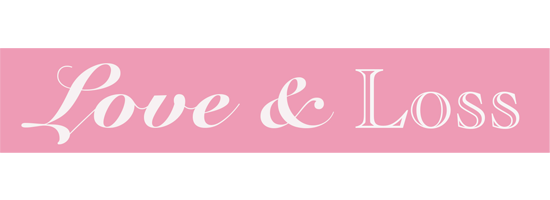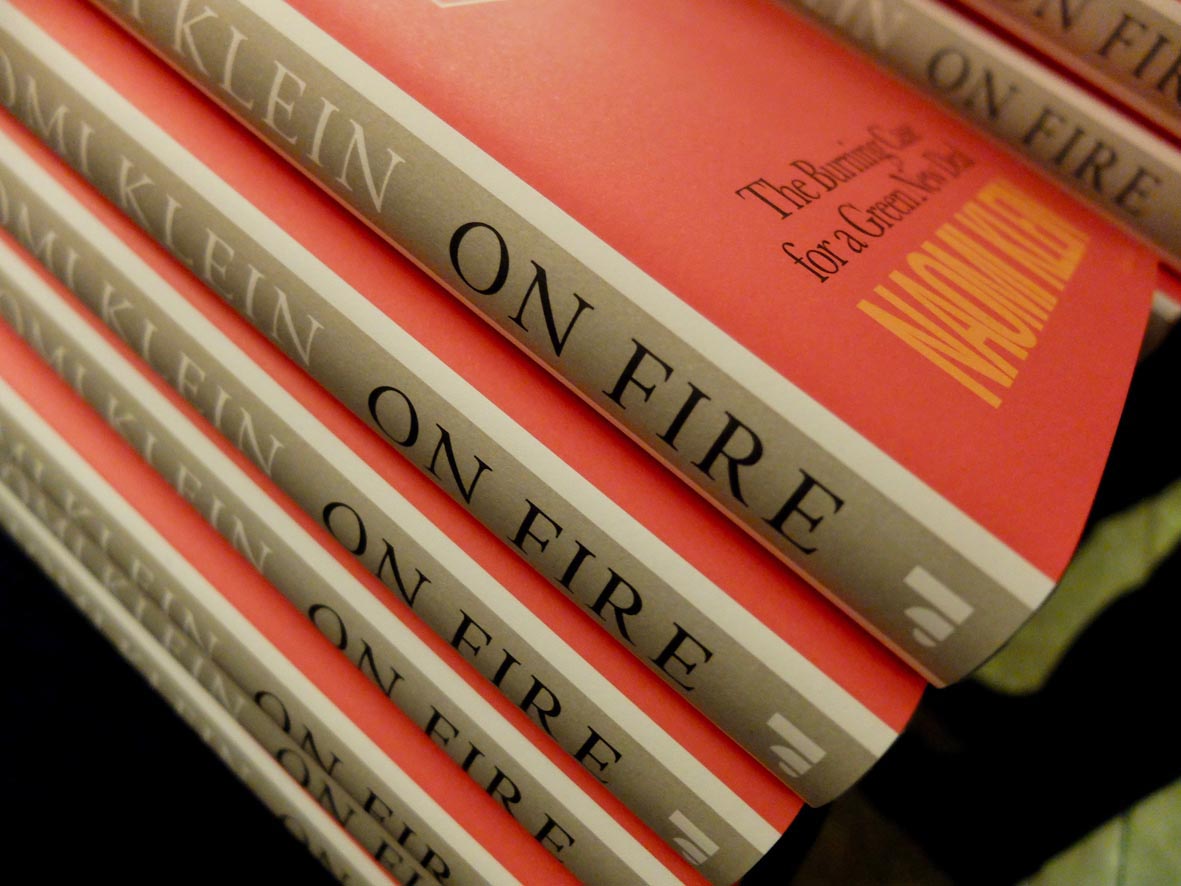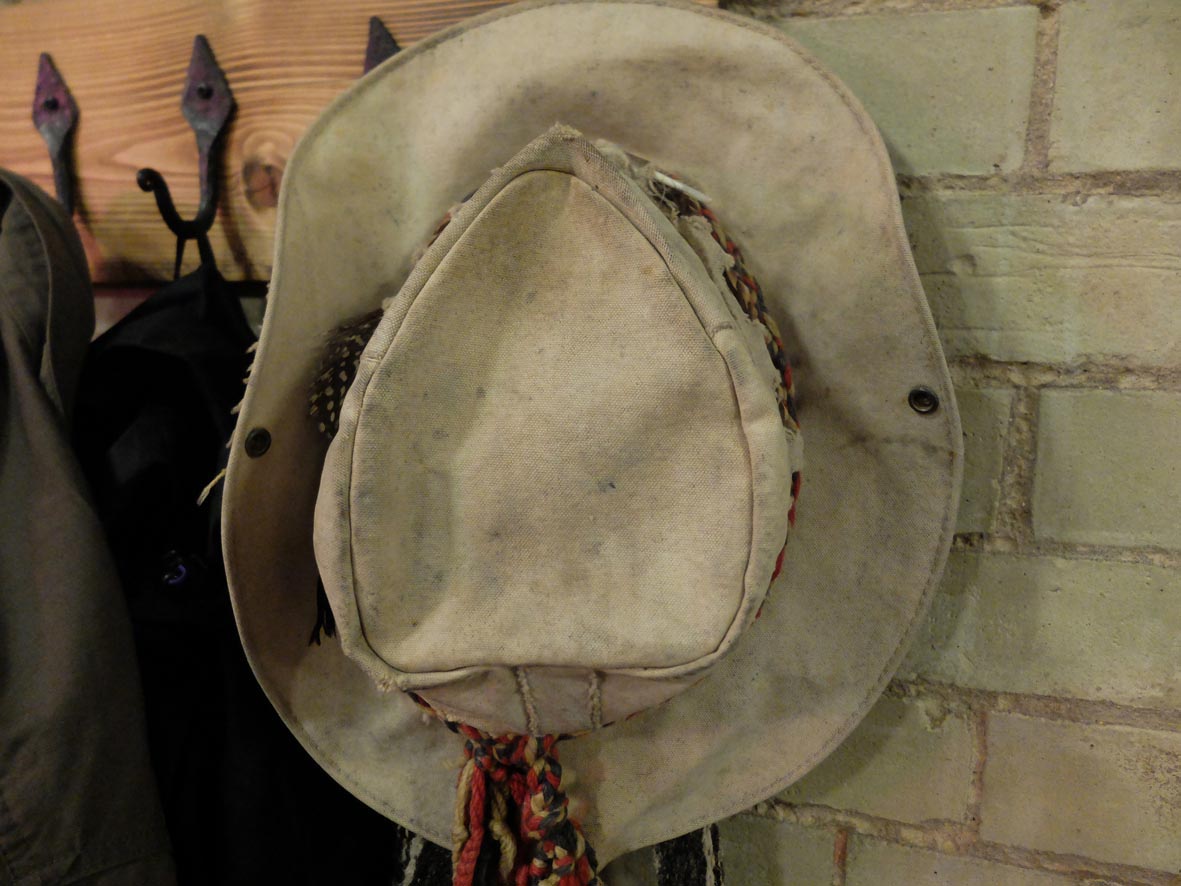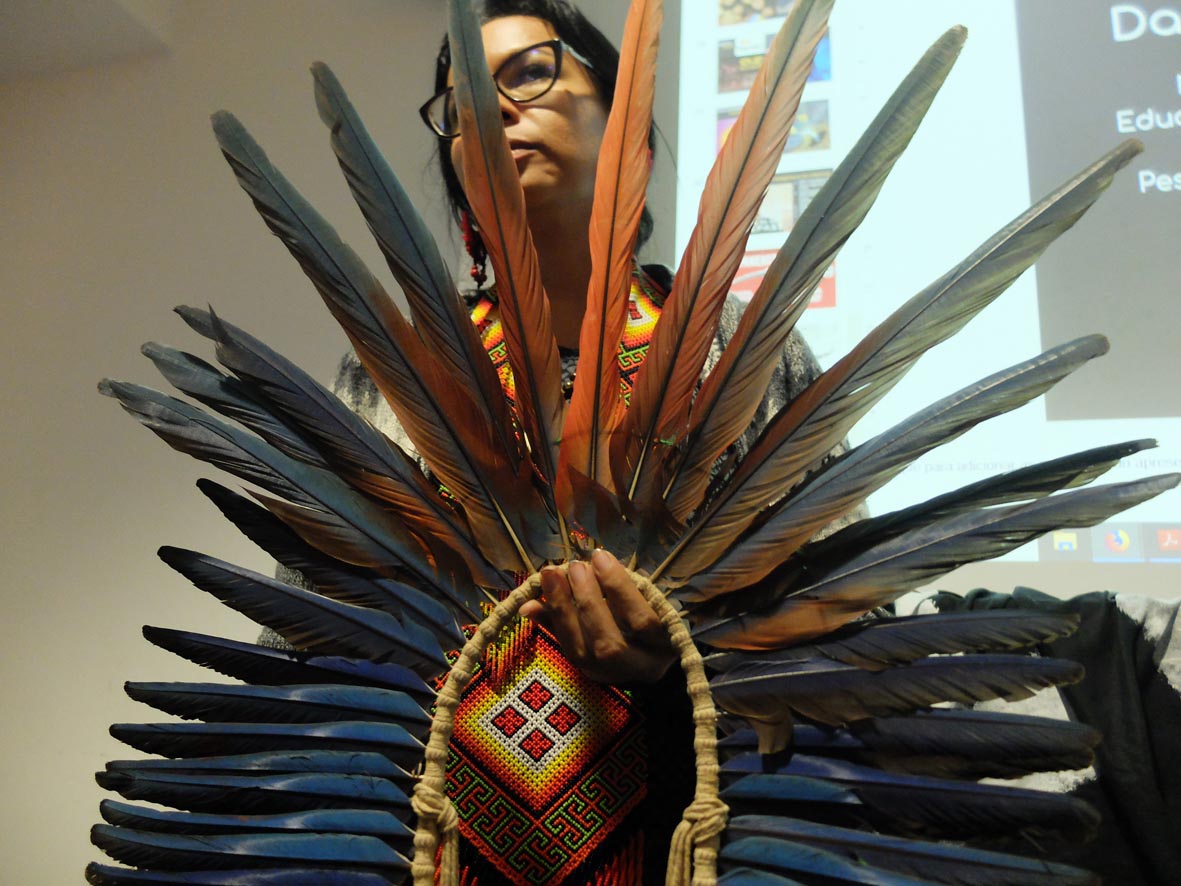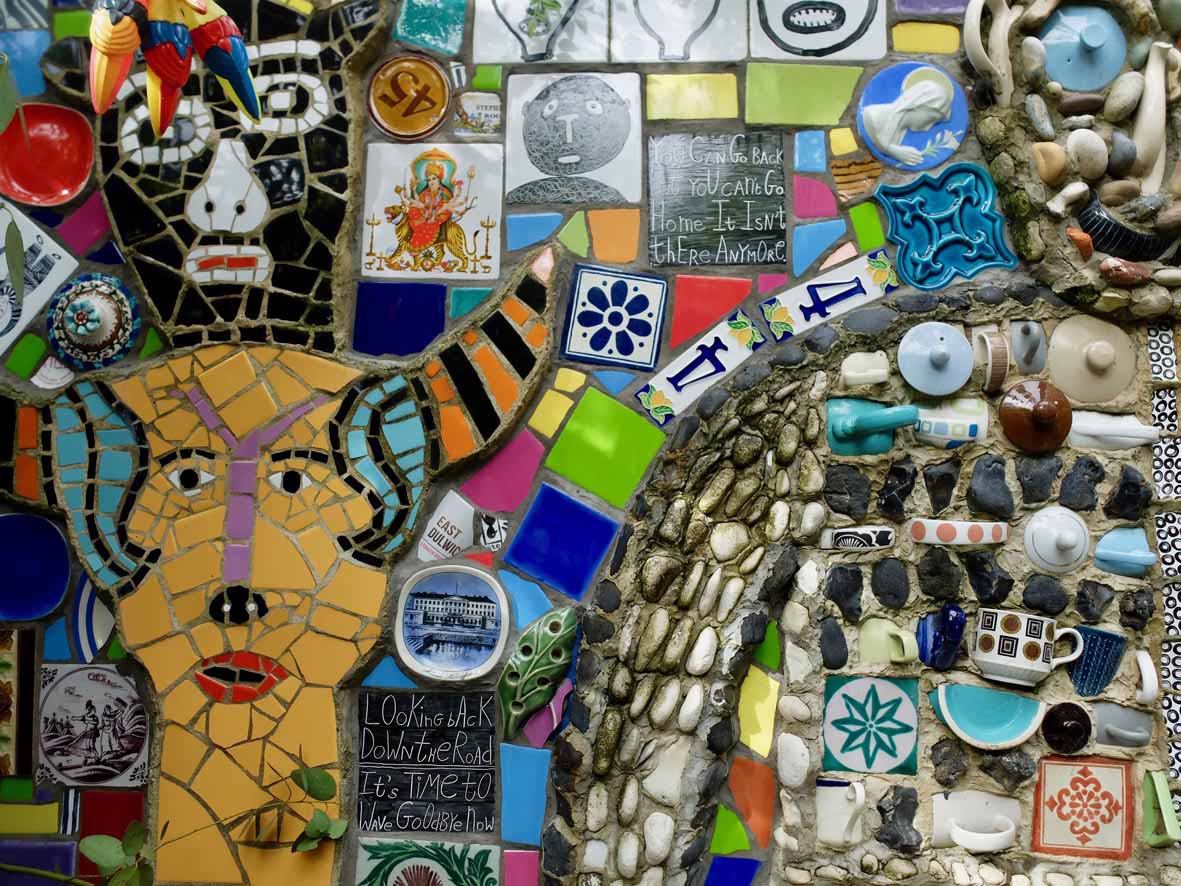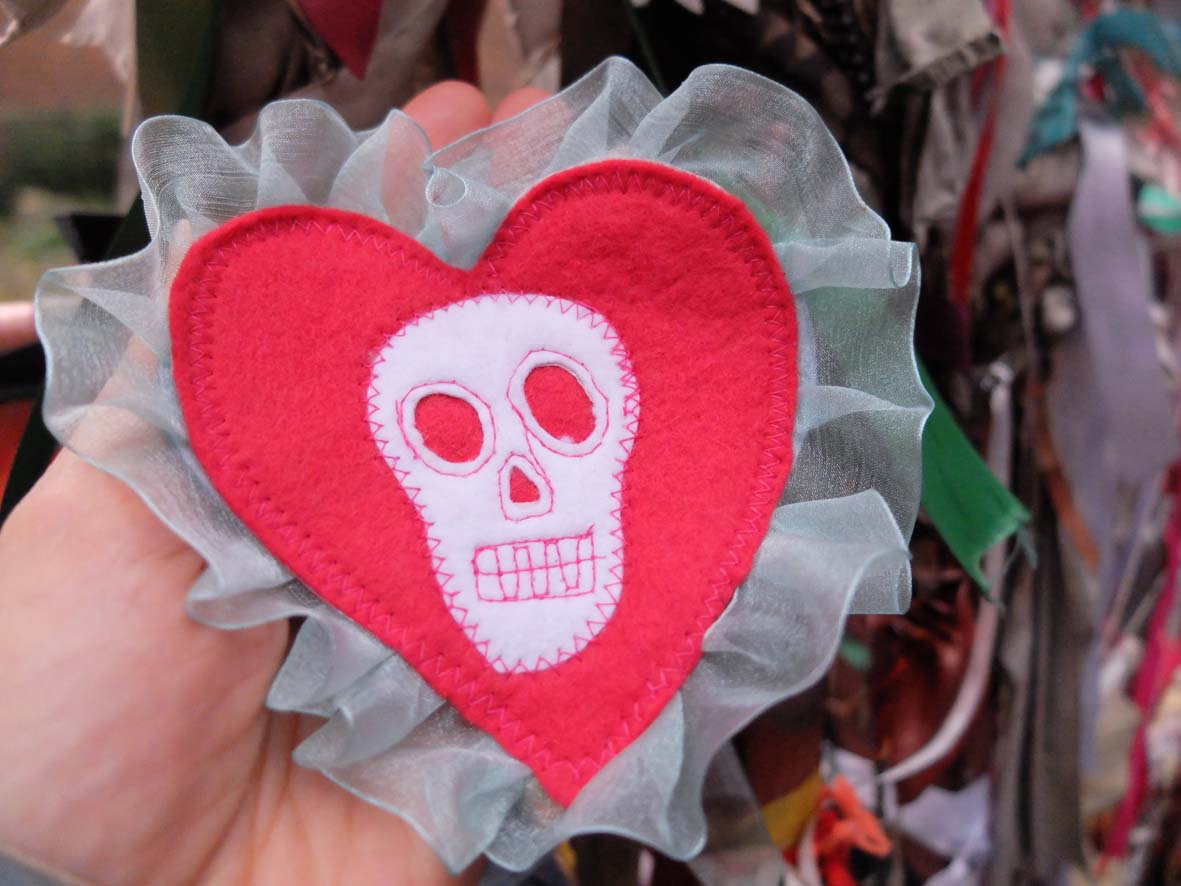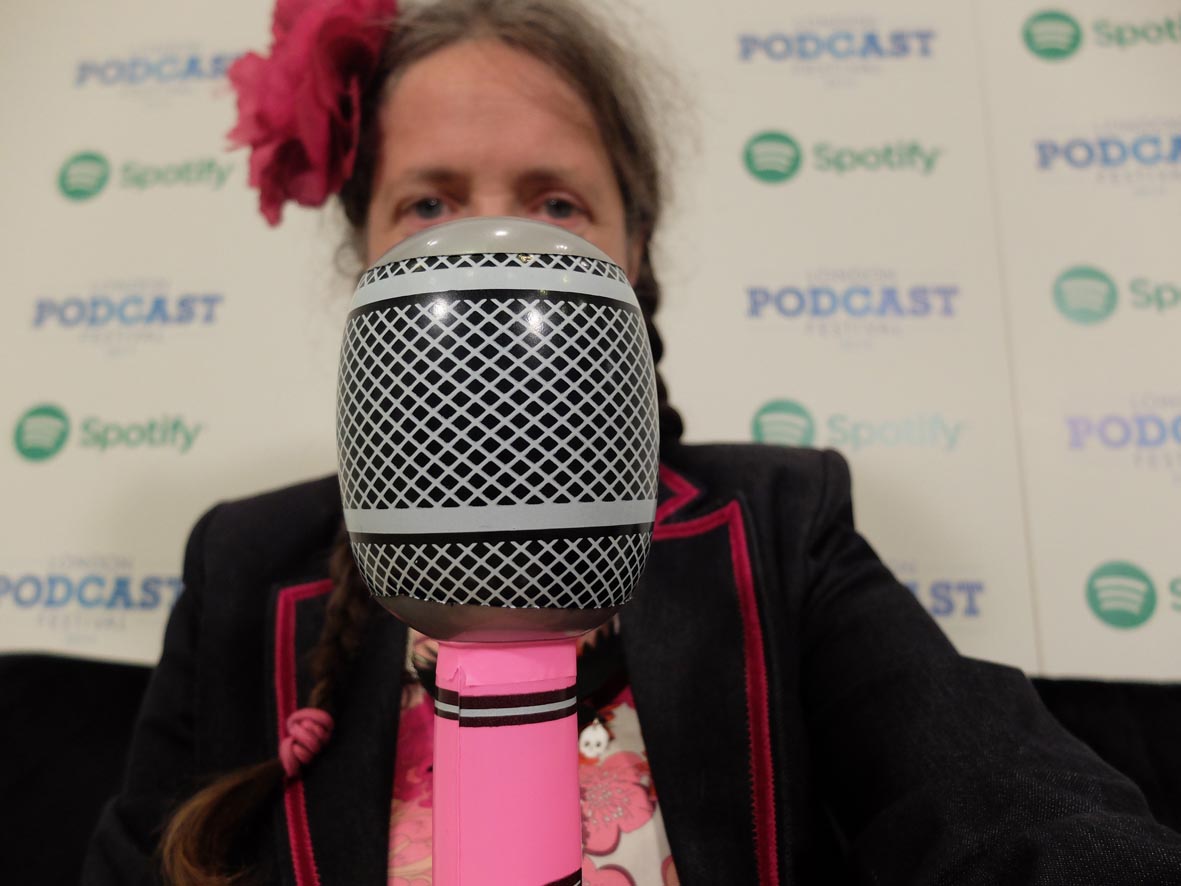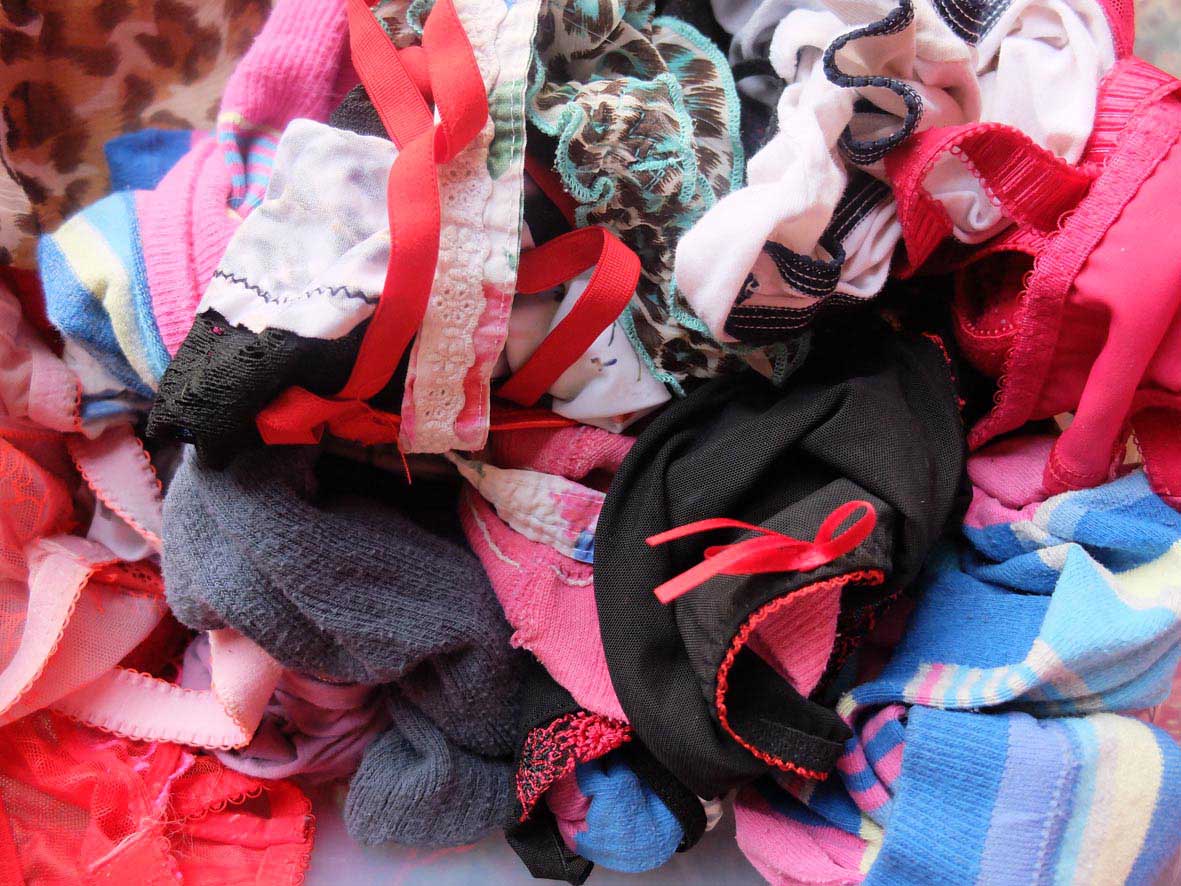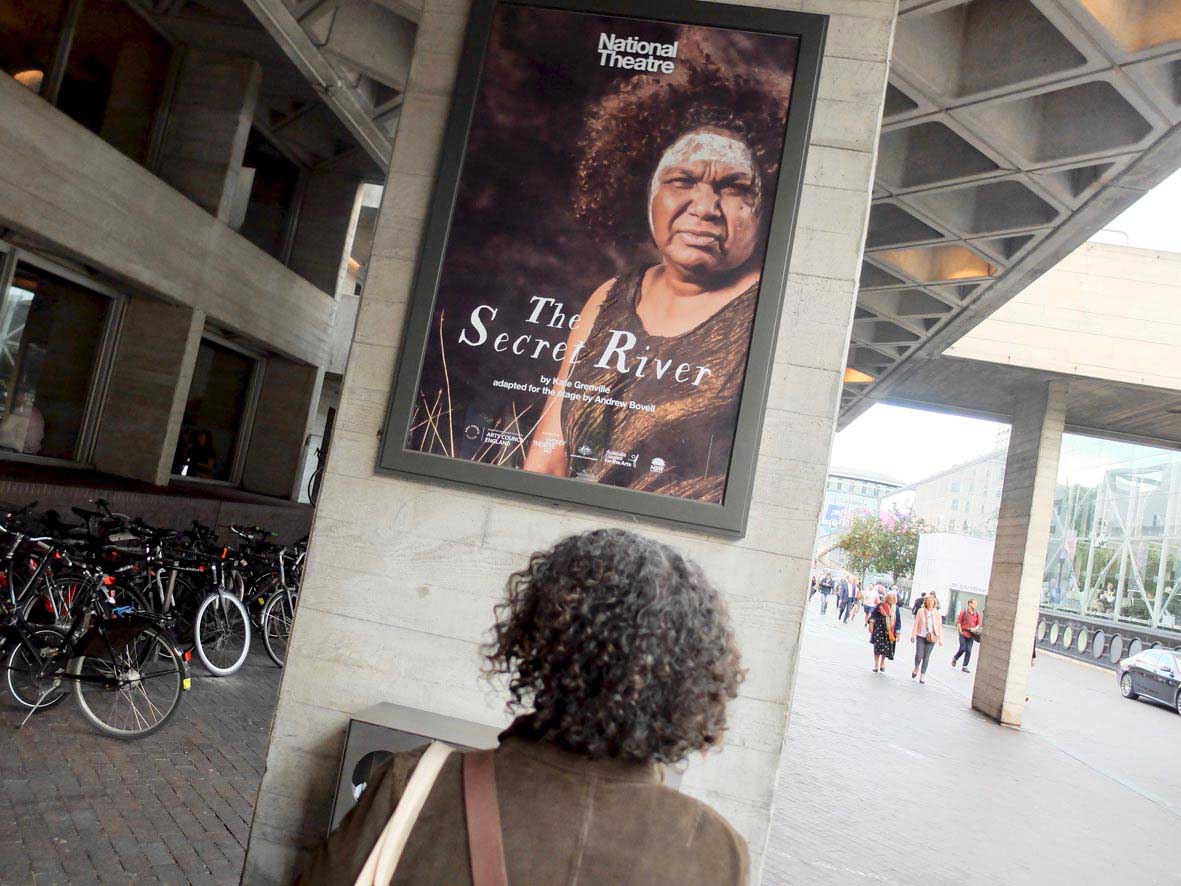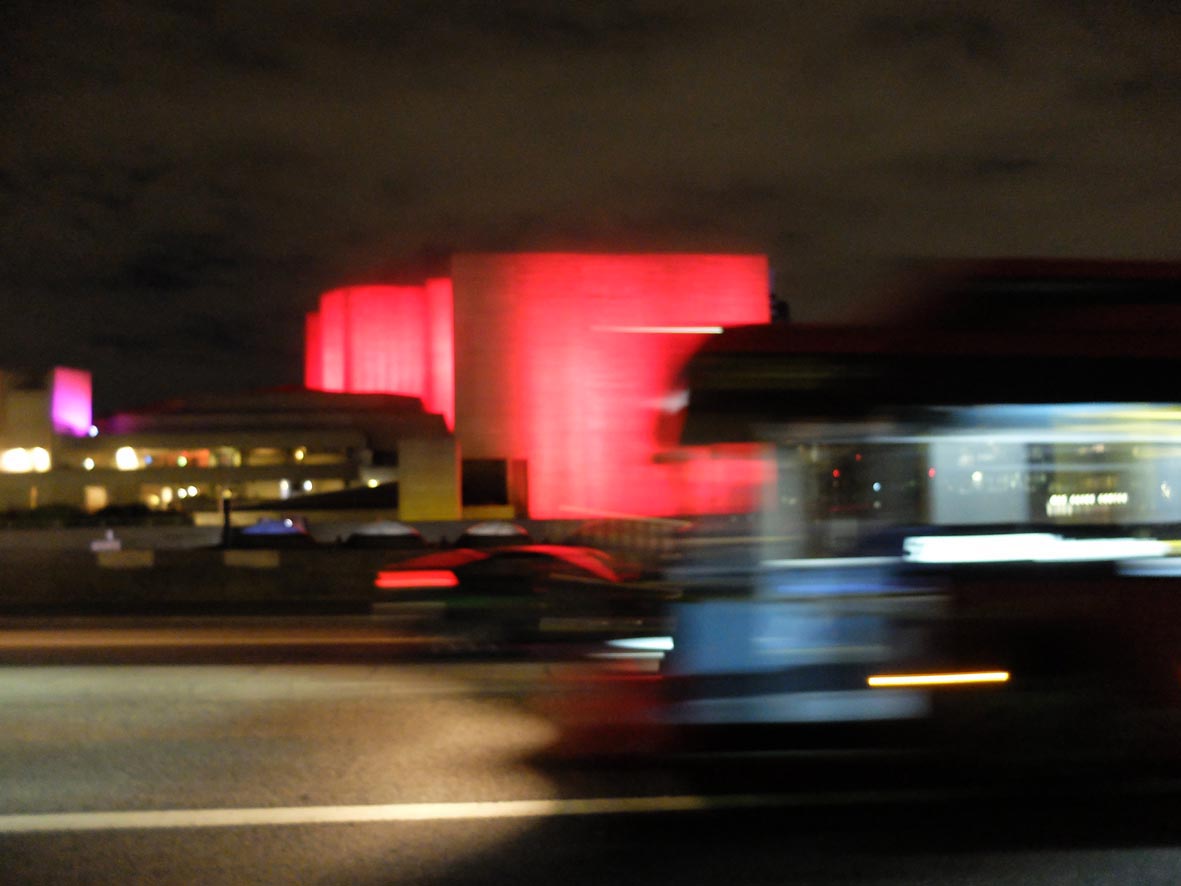25 Oct ‘Recapture the Rapture’
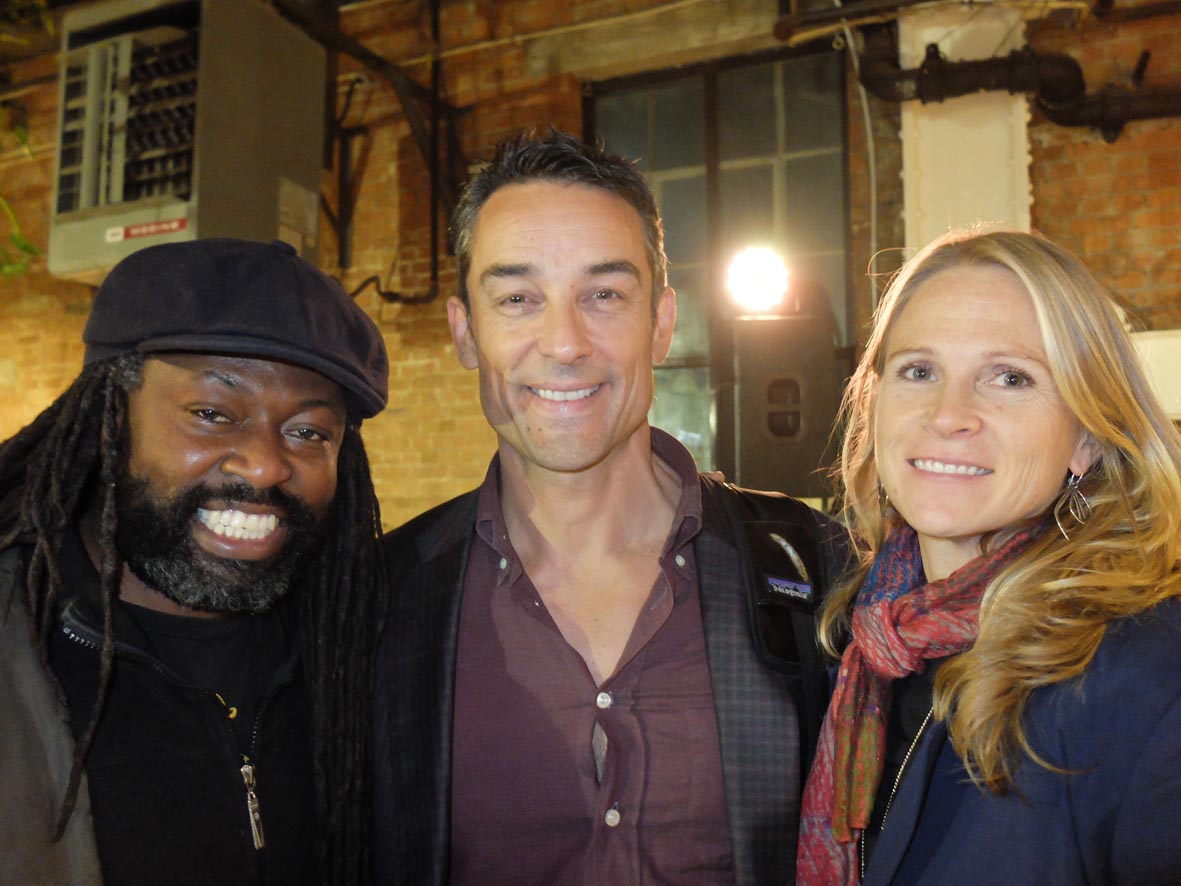 Jamie Wheal’s brilliant and erudite proposition is that in the post modern, industrialised west we are suffering a “collapse of meaning”. He identifies a necessary collective ‘griefgasm’ (Bilal’s term), to belch out our trauma. “Our ability to be of service is in direct proportion to our ability to digest our grief”. He articulates a very convincing synthesis of how to bring about change for the many not the few – “it needs to be all of us, or none of us”. He presents a diagram of the components of collective transformation. The crux is awakening through both ecstatic practice, through cathartic experience, yet connected and grounded in community. His shiny appearance, “super sexy, gee wizz” language is designed to get the attention of the well groomed smart casual movers and shakers in the audience. “How to blow your mind with household substances – respiration, embodiment, music, sexuality and substances…stacked together to bio-hack consciousness” is the programme. I share his passion to ignite courage, witness his eyes brim, and am already on board with most of what he espouses. He brings together strands to inspire “don’t curse the darkness, light a fire”(Watkinson). I would also love to hear his words weaving in circle with others – with women and people of colour. Here he stands with Yoms and June prefiguring my wish.
Jamie Wheal’s brilliant and erudite proposition is that in the post modern, industrialised west we are suffering a “collapse of meaning”. He identifies a necessary collective ‘griefgasm’ (Bilal’s term), to belch out our trauma. “Our ability to be of service is in direct proportion to our ability to digest our grief”. He articulates a very convincing synthesis of how to bring about change for the many not the few – “it needs to be all of us, or none of us”. He presents a diagram of the components of collective transformation. The crux is awakening through both ecstatic practice, through cathartic experience, yet connected and grounded in community. His shiny appearance, “super sexy, gee wizz” language is designed to get the attention of the well groomed smart casual movers and shakers in the audience. “How to blow your mind with household substances – respiration, embodiment, music, sexuality and substances…stacked together to bio-hack consciousness” is the programme. I share his passion to ignite courage, witness his eyes brim, and am already on board with most of what he espouses. He brings together strands to inspire “don’t curse the darkness, light a fire”(Watkinson). I would also love to hear his words weaving in circle with others – with women and people of colour. Here he stands with Yoms and June prefiguring my wish.
Recapture the Rapture: Rethinking God, Sex and Death in a World That’s Lost Its Mind. Talk by Jamie Wheel. www.tickettailor.com/events/rebelwisdom/290176/
